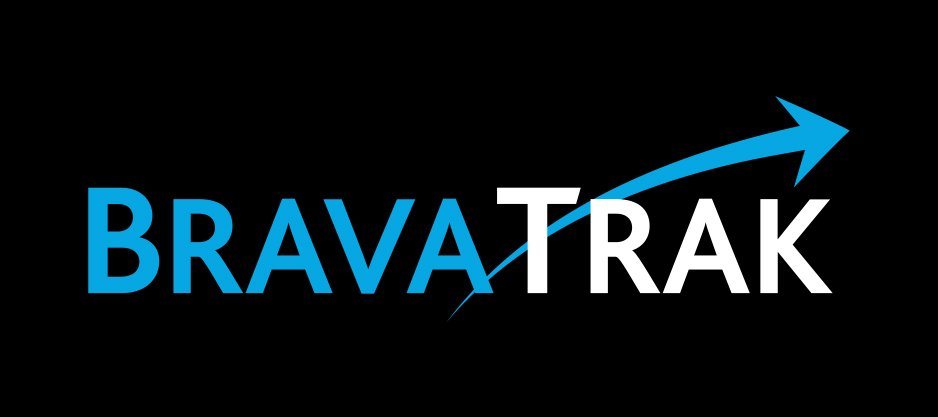The Relaxation Response: A Simple Meditation Technique To Reduce Your Work Stress
Transcript
Hey there, this is Blair from BravaTrak.
I've been thinking about the stress all of us are under these days at work, and strategies for handling it. Last week, I mentioned the power of Coherent Breathing, and Lance Burdett mentioned another technique in an interview I did with him recently. You can find both on the BravaTrak website.
The Relaxation Response
However, a longer term approach I use is called the Relaxation Response. It was identified by Herbert Benson, who at the time was the associate professor of medicine at Harvard Medical School.
Benson was looking for ways to alleviate the symptoms of stress, particularly high blood pressure, which predisposes people to heart attacks and strokes. He was concerned that environmental stress as a factor in these diseases wasn't being taken seriously enough. And Benson began to wonder if meditation could play a role in reducing the body's reaction to stress.
By running experiments in which he studied the effects of various forms of meditation, he discovered they all had a similar effect on eliciting a relaxation response, and reducing the markers of stress.
Across those age-old techniques, he noticed commonalities from which he developed a very simple process anyone can use to markedly reduce their stress. Here are the steps in that process he discovered.
A Simple Meditation Technique
Firstly, choose a quiet place.
Then, sit quietly in a comfortable position. Close your eyes and relax your muscles.
Now become aware of your breathing. As you breathe out, say the word "One" silently to yourself. Breathe easily and naturally, and every time you exhale, simply say the word "One" silently.
When distracting thoughts occur - as they often will - notice them and put them aside, and go back to noticing your breathing, and say the word "One" every time you exhale.
Continue that for 10 to 20 minutes. That's it!
A Daily Way To Reduce Your Work Stress
One important consideration is to build a habit of using the relaxation response at some point, most days. For example, I use it at the end of my working day, before I leave the office. It helps me to eliminate the stress that has built up during the day and it helps to put me in a relaxed state for family time during the evening.
Well, that's my take on another way to cope with stress. What do you think?
